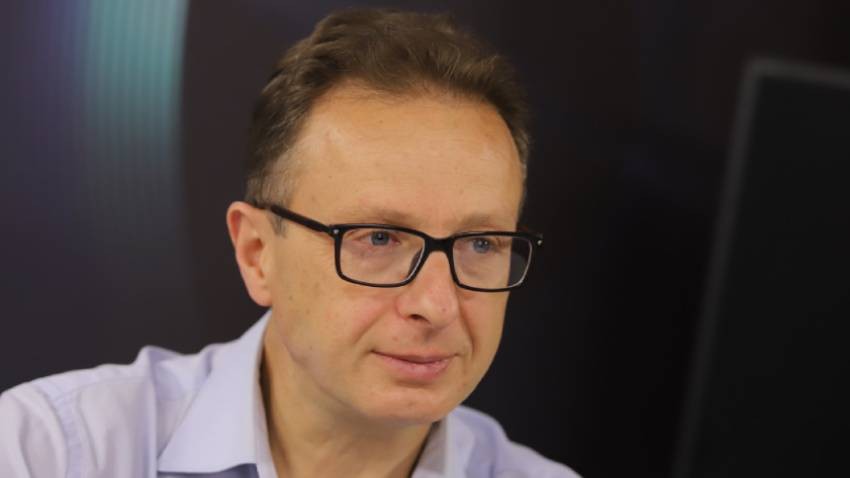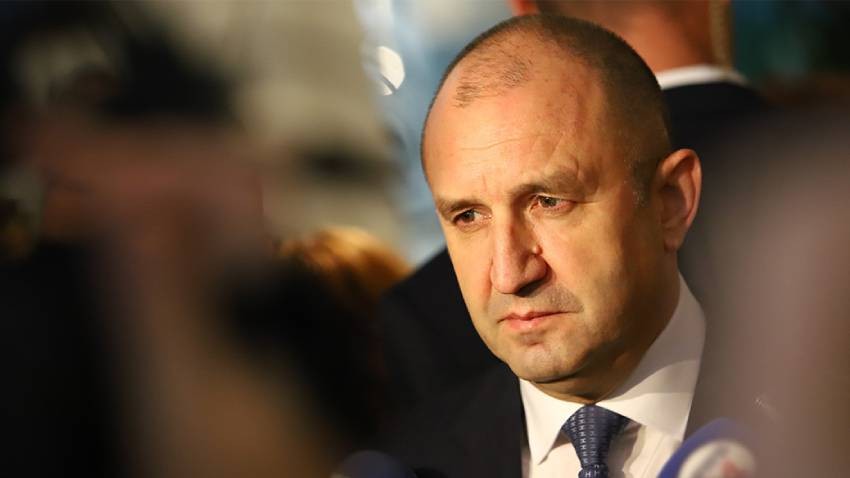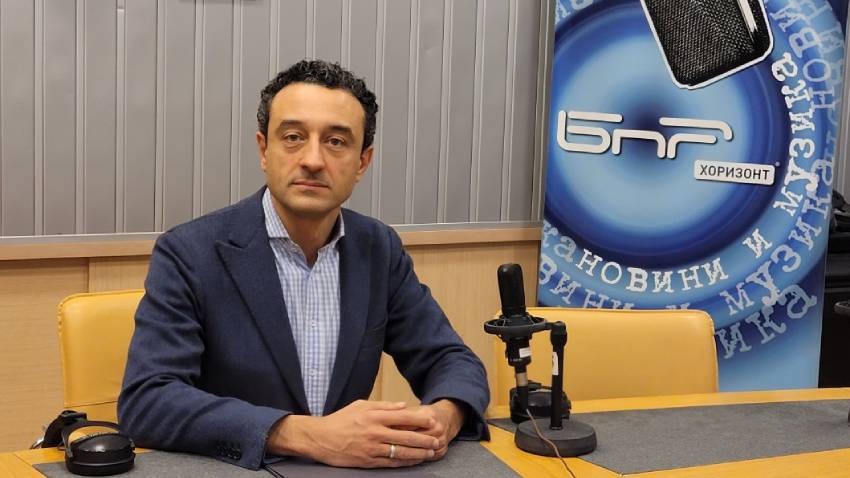With no more bets left, Bulgaria is now looking towards its fifth parliamentary election in nearly two years, after another blank spin of the political roulette for forming a government. On Tuesday January 24, the Bulgarian Socialist Party (BSP) is to return to the President the unfulfilled third exploratory mandate to form a Council of Ministers within the 48th National Assembly. Only three of the seven parties - GERB, MRF and Bulgarian Rise - responded to the Socalists' invitation for talks with all parliamentary represented political parties. After the meeting, however, it became clear that there is no consensus on the proposed policies and priorities, although they include laws on key issues such as the Recovery and Resilience Plan, the 2023 budget, Bulgaria's accession to Schengen and judicial reform. For years, however, the BSP has faced a fundamental problem. By delaying its solution, the party is further eroding its image as a political force that really does want change. Commenting on the failure of the meeting, Ivan Sotirov, former deputy chairman of the UDF and former MP, told BNR:
"If the BSP wants to be perceived as a democratic party, it must clearly distinguish itself from the Communist regime. Because all the problems we face today are, in their vast majority, a relapse of that period of allegiance to the Kremlin.
We do not see any progress because in 30 years there has been no change in this direction. The problem is that all parties are to one degree or another products of the Communist Party nomenclature and their successors."
Sotirov is convinced that the political parties are the ones who should be held responsible for the too long time in which all power was in the hands of President Rumen Radev: "This crisis of the party system leads to another problem, where a loophole in the Constitution allows the caretaker government to take power, effectively suspending Bulgaria's parliamentary system. Now we can no longer speak of a hidden presidential form of government, but of a one-man regime."
In an interview with Darik Radio, the president denied being the creator of the "Radev model" and assured that he only adhered to the powers given to him by the Constitution.
In the next few days the president is expected to dissolve the 48th National Assembly and appoint a new caretaker cabinet, in which the incumbent Galab Donev will remain prime minister. The head of state is also expected to set the date of the next extraordinary parliamentary elections, which are expected to be in early April.
Against this backdrop, two of the coalition partners in the last regular government - "We Continue the Change" and "Democratic Bulgaria", who did not attend the meeting with the BSP, are already preparing for the new election campaign. Rumours of a split in "We Continue the Change" have emerged in the meantime, which Daniel Lorer, an MP from the party, described as mere speculation:
"These rumours are part of attempts to instil fear that the parties of change will split. The emergence of Keep the Change has brought change and now politics is being done in daylight with views being heard. This is extremely irritating for those who are used to working in the dark and using the techniques of the past to whip up division. Our plan is to have common electoral lists with „Democratic Bulgaria” across the country and we intend to expand our alliance with additional national and regional formations. This will happen before the elections."
"After the removal of GERB from power, more and more time passes and people are more and more difficult to be fooled by the anti-GERB coalition," said Tatyana Doncheva, the leader of the non-parliamentary "Movement 21" political formation. She described the union of "We Continue the Change" and DB as "a hybrid between a monkey and a cachalot".
The political deadlock, in which the country has been for almost two years now, is increasingly drawing public attention to the possibility of changing the form of government from a parliamentary to a presidential republic. Today, an initiative committee will notify the National Assembly that it has launched a petition on this topic:
"In a fragmented parliament, the parties cannot agree even on basic issues," explained Associate Professor Hristo Paunov, lecturer in Constitutional Law at Plovdiv University and the University of National and World Economy. - There is another very important function that they almost forgot - the formation of the higher governing bodies and replacing their members when their mandate expires. When these things are not done by parliament, it adds grist to the mill called "changing the form of government."
It remains to be seen whether and to what extent such a call for a referendum will be used for political purposes by any of its initiators. One thing is for sure - we are looking at a "hot" political half-year, and getting out of the labyrinth we are in is being put off once again.
Photos: BNR, BGNES, personal archiveRomanian police and military personnel worked as mercenaries in Congo According to a report by the Romanian Ministry of the Interior, 11 of its employees worked as mercenaries in Congo while on sick leave, Digi24 reported. The Ministry..
Protesting Serbian students to cycle 1,300km to Strasbourg A group of 80 protesting students and other people from four Serbian universities – in Novi Sad, Belgrade, Niš and Kragujevac started cycling from the campus of..
Protests in Turkey continue after Istanbul mayor's arrest Mass protests in Turkey continue after Istanbul mayor Ekrem İmamoğlu was arrested on March 19. Nearly 1,900 people have been detained for participating in the..

+359 2 9336 661
